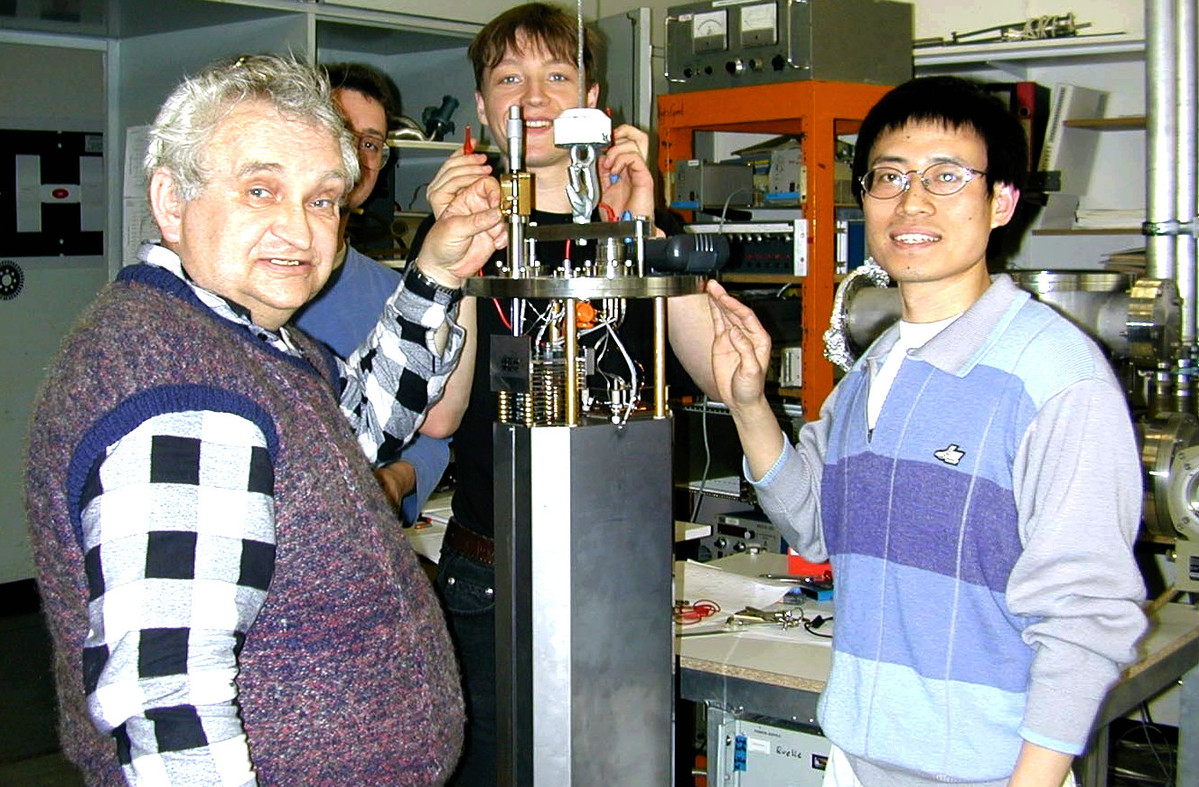Finding new ways to get the measure of pollution


Successful application
China's intensifying efforts to fight pollution have seen Zhou's team focus on the development of mass spectrometers for environmental monitoring.
After 10 years of research and development, the company's single-particle aerosol mass spectrometer went on the market, and was first used by the Guangdong Environmental Monitoring Center to apportion sources of PM 2.5.
"Not only can it identify the air pollutant, it also monitors the sources of the pollutant with precision. It can even tell the proportion of the pollution sources, whether from cars, dust or industrial production," Zhou said.
Now, the instrument is used in more than 100 cities nationwide, offering technical support to scientists attempting to determine the levels and sources of pollution.
"Compared with traditional methods, the equipment can dynamically reflect the changes of pollution sources in real time and is estimated to save 10 billion yuan ($1.5 billion) annually in China's pollution prevention and control," Zhou said.
In July, the country released a three-year action plan on the control of air pollution. The plan aims to "win the battle for blue skies" by the simultaneous adoption of economic, legal, technological and administrative measures.
Under the plan, PM 2.5, a key indicator of air pollution, will be closely scrutinized, which will lead to greater opportunities for the nation's high-precision monitoring equipment industry.
Although the country is narrowing the gap in the development of mass spectrometers, there is still a long way to go, Zhou said.
"China is estimated to spend around 10 billion yuan annually to purchase mass spectrometers, and almost 98 percent are imported. We hope self-developed mass spectrometers will hold market share of 20 percent within 10 years," he added.
- Crabapple flowers and cherry blossoms create springtime splendor in Yunnan
- New 'air taxis' debut in Central China as nation accelerates low-altitude drive
- TÜV Rheinland invests $21.74 million in Guangzhou operation center
- Chinese courts crack down on telecom fraud linked to northern Myanmar
- Chinese courts conclude trials of two criminal gangs from northern Myanmar
- Guarding Great Wall as lifelong commitment for Beijing local villager




































